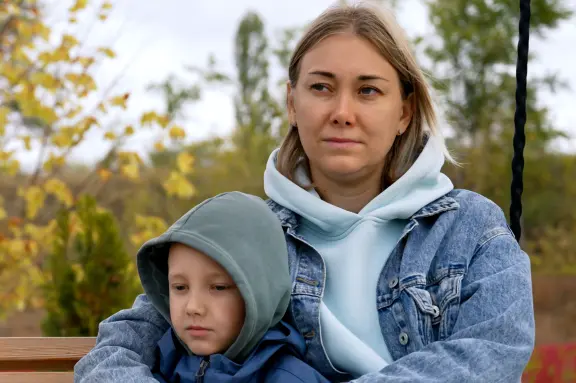The Gendered Impact of Public Debt

Low-income families who receive money from the public purse in the form of social security payments frequently have to pay proportions of this basic subsistence income back to the public purse in the form of debts. These include Universal Credit advances, Department for Work and Pension loans, rent and council tax arrears, fuel and energy arrears, housing cost top-ups, and arrears to the local authority for children’s school meals, among others.
Families in Scotland and across the UK are in the midst of an ever-worsening debt crisis. The cumulative effects of multiple social and economic crises have disproportionately impacted on low-income families, reducing household incomes, increasing everyday costs and diminishing the effectiveness of social security and the wider welfare system. As a result, more and more families are being pushed into poverty as they struggle to pay bills or afford the costs of day-to-day essentials.
Living on a low income is strongly gendered in nature, with women, often due to social and family roles, experiencing greater levels of poverty. What is not known is whether women are more likely to have public debt. This report uses customer data of those seeking advice for debt from Citizens Advice Scotland and StepChange to explore the circumstances and profiles of those with debt, especially public debt. It is the first time that Citizens Advice Scotland and StepChange data across the whole population of Scotland have been combined, harmonised and analysed in a comprehensive study of public debt.
Aberlour Children’s Charity, One Parent Families Scotland and Trussell jointly funded this research to explore and better understand the interaction between public debt and child poverty, investigate how gender impacts on prevalence of public debt, and develop policy solutions that can help prevent and tackle its impact.
Download The Gendered Impact of Public Debt Briefing Document or the full report through the link below.